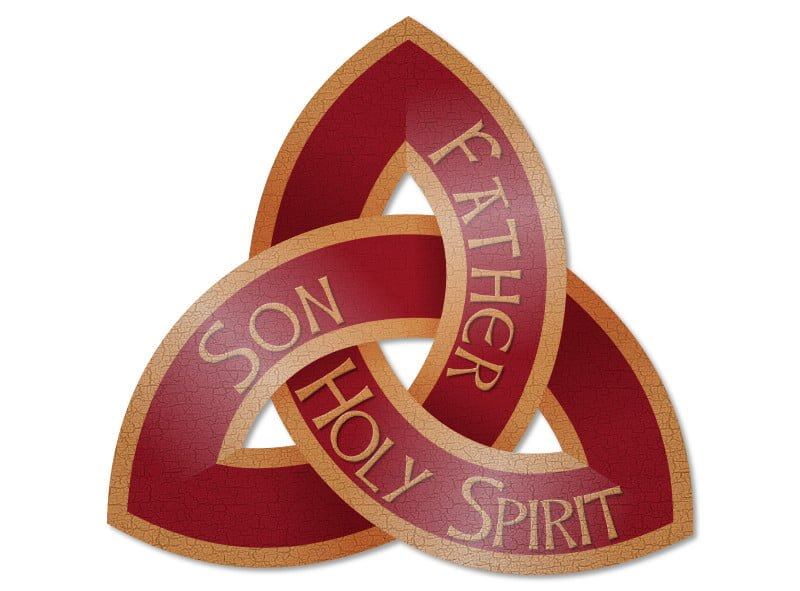Happy Trinity Sunday!
Some things are hard to understand, grasp, and appreciate. But when we begin to taste more of it, or experience it as intended, or be around it more consistently, we discover that we misunderstood that thing, that person, that taste. We want for us and our children and grandchildren to learn to appreciate good and beautiful things. We want to be a Christian culture that treasures things that endure, not temporary and tepid things.
You have probably heard people say, “I wish I had known this earlier in life,” or “I feel cheated because my people never introduced me to this,” or “I never fully appreciated this or that until….”
These are all human sentiments. We are continually conforming to the image of Christ, and so we need to be always moving, changing, adapting to new realities. We need to be a people who are challenging ourselves often to know God better, to taste and see the goodness of God in giving us his story and song.
We are a weak people if we convince ourselves that we are all right, and that all is well and that there is no need to change the furniture in our hearts.
And if there is one area where the church has poured little effort, it’s the message and mission of the Trinity. It’s one of those doctrines that we don’t spend much time reflecting on unless we wish to convey our opposition to cults. In fact, I affirm that we must begin to change our understanding of the Trinity precisely in the statement I just made. Immediately, when we hear the word “doctrine,” we go to massive theology books, and our minds go to antiquated ideas that are too far above our simple minds, and besides, what does the Trinity have to do with my favorite Netflix show anyway? Or my selfies? Or my get-together with my friends this afternoon? Well, everything! The Trinity is the lens through which we understand our reality and just how far we have strayed from a Triune reality.
And perhaps we need clarification here to begin, and that is that the Trinity is not primarily a doctrine to be only studied, or an idea to be contemplated or a dogma to hold, or a concept to dissect. The Trinity is our God. And that changes our whole perspective on what we celebrate on this Trinity Sunday. Because if the Trinity is more than a doctrine to be studied, but the God we worship, and if the Triune God is from whom all things consist and in whom we live and move and have our being, then we better get busy knowing God better: loving and learning of/about the Father, the Son, and the Holy Spirit.
And that’s our starting point. In fact, speaking of starting, when we speak of the Trinity, we are speaking of how God reveals himself to us from the beginning. It’s the article of faith that structures all the faith and practice of our faith. You may have noticed, but our liturgy, our hymns, and lives all find themselves in God who reveals himself as One in Three and Three in One. The Trinity, Bavinck says, “beats the heart of the whole revelation of God.” The Trinity was not something built up in a Greek laboratory, it simply is. It’s the way God reveals himself to his people from the beginning to the end of history.
Now, this is our faith, in fact, this is our catholic (universal/whole) faith:
That we worship one God in trinity and the trinity in unity,
neither blending their persons
nor dividing their essence.
For the person of the Father is a distinct person,
the person of the Son is another,
and that of the Holy Spirit still another.
But the divinity of the Father, Son, and Holy Spirit is one,
their glory equal, their majesty coeternal.
















